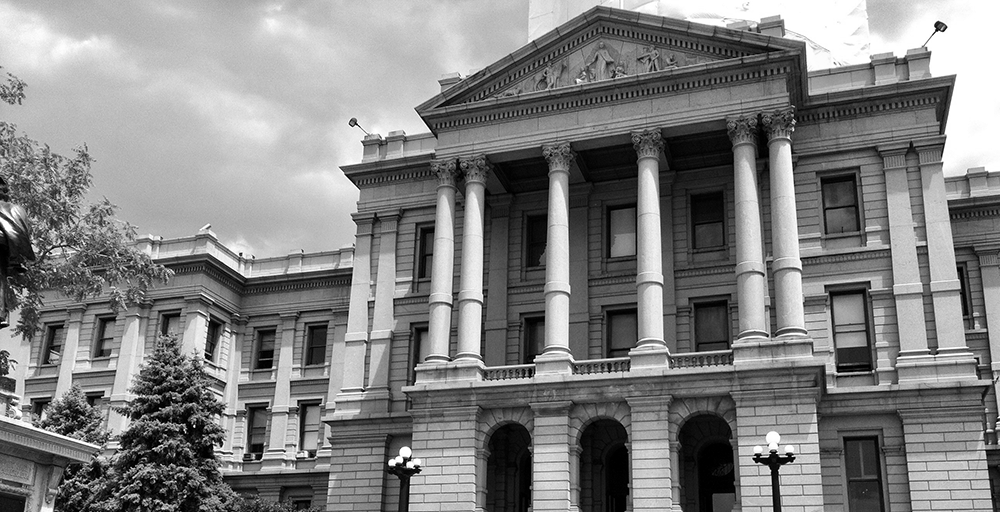Colorado adjourned its six-day special session on August 26. Lawmakers were reconvened in a special session to address a $750 million hole in the state budget stemming from the passage of the One Big Beautiful Act, which reduced Colorado’s state income tax collections. The Legislature also continued negotiations on artificial intelligence (AI) during the special session.
During the special session, 35 bills were introduced, with 12 passing the Legislature.
Here’s what you may have missed:
Artificial Intelligence
The Legislature passed SB 4, which delays the implementation of the state’s precedent-setting law regulating artificial intelligence to June 30, 2026. Governor Jared Polis (D) asked lawmakers to take up the AI law during the special session and reach an agreement with industry leaders on implementing certain revisions to the law. The author of SB 4, Senate Majority Leader Robert Rodriguez (D), announced at the end of the special session that further negotiations would be delayed until 2026 as an agreement could not be reached between the Legislature, consumer advocates, and industry leaders.
Senator Rodriguez (D) originally introduced SB 4 as a lessened regulatory approach that would still include certain requirements for AI developers and deployers. However, after introducing additional liability provisions in a late amendment, industry leaders pushed back, which resulted in the bill being rewritten to delay the implementation of the original AI bill passed in 2024.
A group of Democrats in the House and Senate opposed the final version of the bill and the delay it would cause, including Representative Brianna Titone (D), who originally cosponsored the bill. The bill passed both chambers, with the primary opposition coming from the small group of Democrats.
SB 4 was signed into law by the Governor on August 28. The delay will grant lawmakers another opportunity to amend the law during the 2026 legislative session.
Taxes
The primary goal of the special session was to close a $750 million budget hole caused by tax policy changes made in the One Big Beautiful Bill Act. As part of the effort, Democratic lawmakers passed four bills that are expected to raise about $150 million in tax revenue for the fiscal year.
One of the bills passed by the Legislature was HB 1002, which was signed into law by Governor Polis (D) on August 28. This bill expands the list of countries that the state considers to be tax havens to address tax avoidance by multinational corporations by limiting the amount of deductions corporations can claim on taxable income in those jurisdictions. The bill is estimated to bring in $36 million in state tax revenue for the current fiscal year.
The Legislature also passed HB 1001, signed into law on August 28. This bill removes an income tax deduction for owners of “pass-through businesses”. The measure is expected to bring in $49.9 million in revenue for the fiscal year and takes effect in January of 2026.
HB 1003 and HB 1005 were also enacted into law during the special session. These bills would end a tax break for insurance companies that have a regional home office in the state and eliminate the state sales tax vendor rebate, which reimburses up to 4% of sales tax collections each month for certain businesses. These measures are estimated to generate a total of $72 million in tax revenue.
Looking Ahead
The Colorado General Assembly will convene for its 2026 legislative session on January 14, 2026. The Legislature will renew negotiations regarding artificial intelligence regulations and continue to work through budget difficulties.
Colorado’s interim committees will continue to meet through December to study issues and recommend legislation.
The state’s Coordinated Election will also be held on November 4, 2025. The election includes several local races and ballot measures at the state, county, and local levels.
